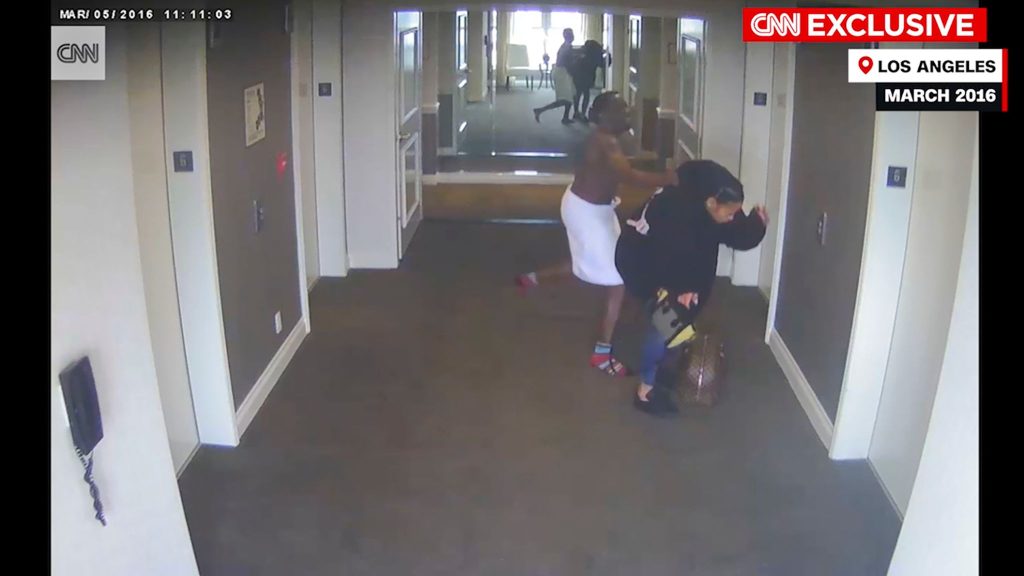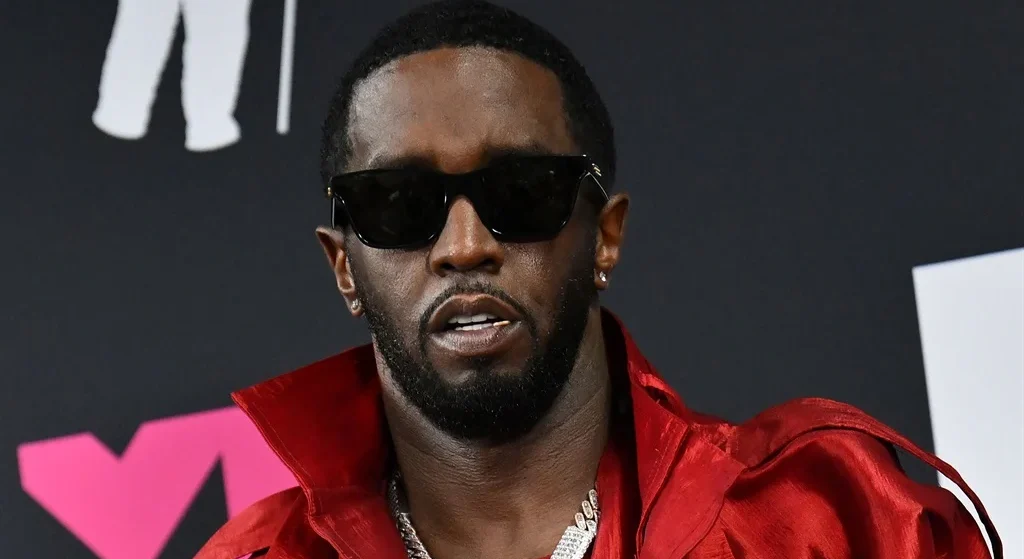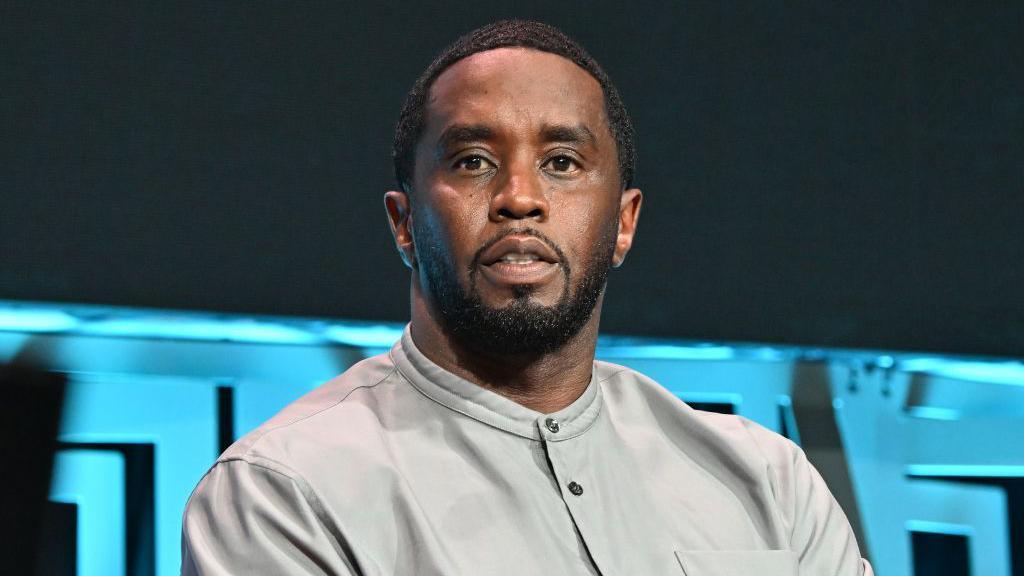Shawn Combs Scores Legal Win in Sexual Abuse Lawsuit: What’s Next for His Criminal Case?
A court has sided with Shawn Combs in one of his major lawsuits, and you have to wonder: what does this mean for his criminal case? This legal development raises many questions, especially considering the nature of the lawsuit and its connection to the ongoing criminal case. Let’s break it down. Additionally, the judge had some harsh words for an attorney representing a former producer suing Combs for assault. It’s time to dive into this unfolding case.
Overview of the Lawsuit
Shawn Combs recently scored a victory in a civil lawsuit, but to clarify, this is unrelated to his criminal case—at least not directly. The lawsuit filed by former producer Rodney "Little Rod" Jones, one of the first to sue Combs since his legal troubles began in 2023, has sparked significant interest.
Jones initially filed the lawsuit against Combs and others, including Cuba Gooding Jr., Combs’s chief of staff Christina Cororum, and various corporate entities. This was first filed in February 2024 and amended in April of that year. The allegations in the lawsuit are serious and numerous. Jones claims he witnessed a shooting, was subjected to unwanted touching by Combs, and was pressured into participating in inappropriate sexual activities. He also accuses others in Combs’s circle, like Cuba Gooding Jr., of sexual assault. Among the charges are claims for human trafficking, racketeering, and accusations that Combs was operating a criminal enterprise.

P Diddy Beating his Girlfriend in Hotel.
Combs's Legal Strategy: Motion to Dismiss
Shawn Combs's legal team sought to have the complaint dismissed on several grounds. One of the key arguments was that Jones had failed to properly plead or provide sufficient evidence for the racketeering, human trafficking, and sexual assault claims. To succeed in a civil lawsuit, a plaintiff must present detailed facts or evidence to support their claim and demonstrate a legal violation.
Combs argues that Jones’s racketeering and RICO claims are insufficient. He contends that Jones can't simply rely on Combs’s criminal indictment to support these allegations in the civil case. Additionally, Combs’s team argues that Jones lacks standing to sue under RICO because he did not suffer any financial harm from the alleged criminal activity.
Moreover, Combs argues that Jones failed to provide specific facts regarding the underlying crimes that would form the basis of the RICO claim. The sex trafficking claim also faces similar challenges. Combs’s defense points out that Jones did not adequately plead force, fraud, or coercion, which are essential elements for a trafficking claim. The same is true for the sexual assault allegation: Combs argues that Jones failed to provide critical details, such as where, when, and how the alleged assault occurred.
Judge's Ruling on the Motion to Dismiss
In a 31-page written opinion, Federal Judge Paul Oaken ruled on Combs’s motion to dismiss, granting it in part and denying it in part. Let’s break down the court’s decision:
-
RICO and Racketeering Claims: The court ruled to dismiss the racketeering claims against Combs, Combs Global Enterprises, and Christina Cororum. Jones failed to adequately link his claims of emotional distress to the racketeering violations he alleged. Additionally, the court found that Jones did not sufficiently demonstrate how the alleged crimes formed the basis for a RICO claim.
-
Sex Trafficking Claims: The court ruled that Jones’s sex trafficking claims could proceed. Jones presented enough details about the alleged coercion, including claims of being transported across state and international borders and being forced to engage in sexual acts. The judge found that these claims meet the threshold to proceed with the lawsuit.
-
Sexual Assault Claims: The court also allowed Jones’s sexual assault claims to move forward. The judge noted that Jones had provided specific instances of unwanted sexual contact, including allegations of Combs drugging and sexually assaulting him at Combs’s Miami home. These allegations were deemed sufficiently detailed for the case to continue.
-
Premises Liability Claims: The court allowed Jones’s premises liability claims, which involve an assault that allegedly occurred on Combs’s property, to move forward. The court found that there were enough facts to suggest that Combs could be held liable for the alleged assault.
-
Breach of Contract Claims: The court dismissed Jones’s breach of contract claim because the agreement was not in writing, making it unenforceable under the law.
Jones's Legal Response
In response to the motion to dismiss, Jones’s legal team argued that the court should take judicial notice of Combs’s federal criminal indictment and the sexual misconduct lawsuits he’s facing. Jones’s team contends that this information supports his claims in the civil case. The legal argument is that the court should presume Combs and his enterprise are guilty of being a criminal organization based on the indictment, which charges Combs with racketeering and sex trafficking.
Jones also contends that the alleged shootings, assaults, threats, and other acts of violence provide sufficient evidence of force, fraud, or coercion, which are required for a sex trafficking claim.

Sean “Diddy” Combs
Judge’s Warning to Tyrone Blackburn
In addition to ruling on the motion to dismiss, Judge Oaken issued a warning to Tyrone Blackburn, the attorney representing Jones. The court criticized Blackburn for making "false claims" and acting "incompetently" in some of his filings related to the motion. However, the court did not find that Blackburn acted in bad faith.
Judge Oaken also referenced previous allegations that Blackburn had failed to properly investigate other cases he was involved in, and that he has a pending referral to the Southern District of New York’s disciplinary committee. The court specifically addressed Blackburn’s use of inflammatory language, calling Combs a "sexually deviant monster" and urging the court to rely on the grand jury indictment, which was not relevant to the civil lawsuit.
What’s Next for Shawn Combs?
With some claims moving forward, including those related to sex trafficking, sexual assault, and premises liability, Jones must now prove his case in front of a judge or jury. As for the criminal case, it’s unclear how this civil lawsuit will affect it, but the legal developments in this case are sure to play a role.
People Also Ask:
-
What is the lawsuit filed against P. Diddy about?
The lawsuit filed by Rodney "Little Rod" Jones includes allegations of sexual assault, human trafficking, and racketeering, with Combs and others named in the claims. -
Did the court dismiss all of the claims against P. Diddy?
No, the court dismissed some claims—specifically racketeering and breach of contract claims—but allowed the sex trafficking, sexual assault, and premises liability claims to proceed. -
How does this civil case relate to P. Diddy’s criminal case?
The civil case involves many similar allegations to those in the criminal case. While separate, the evidence and arguments in this case could have implications for the criminal trial. -
Who else is named in the lawsuit against P. Diddy?
The lawsuit also names Cuba Gooding Jr. and Christina Cororum, Combs's chief of staff, for their alleged roles in the abuse. -
What is the Trafficking Victims Protection Act (TVPA)?
The TVPA is a U.S. law that combats human trafficking, including sex trafficking. In this case, Jones's claims of being coerced into sex acts are examined under this statute.





















